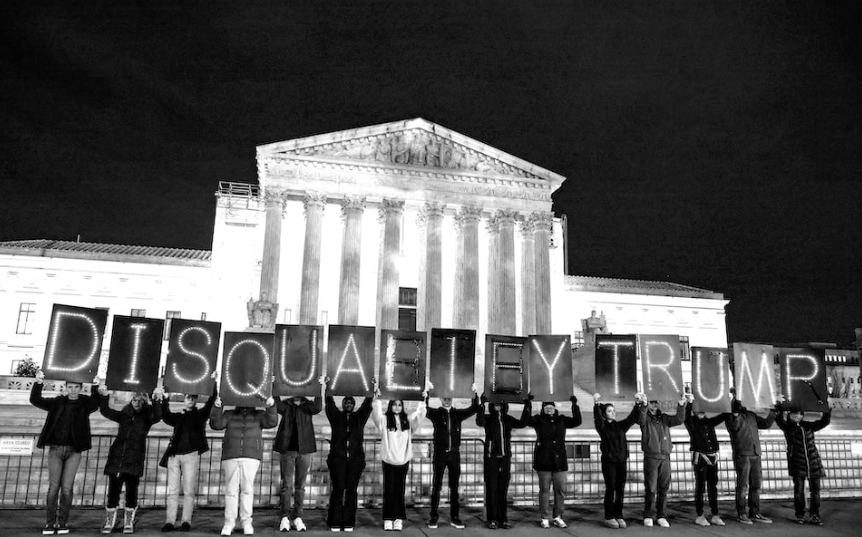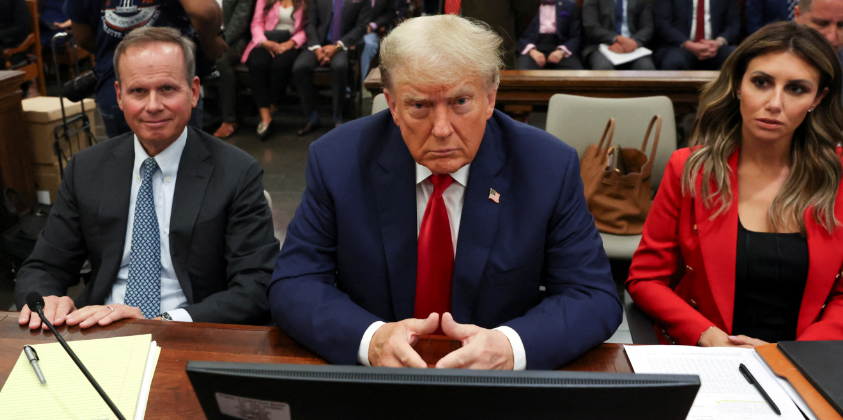
The digital revolution has ushered us into an era where artificial intelligence (AI) is not just a futuristic concept but a present reality, especially in the political sphere. Recent incidents involving deepfakes—sophisticated AI-generated phonies mimicking public figures like President Joe Biden—highlight the emerging challenges and threats to our democratic processes. These instances serve as a wake-up call to the potential dangers of AI in politics, underscoring the need for a proactive approach to harnessing this technology responsibly.
AI’s entry into politics signals a transformative period where the power of technology can be wielded for both good and ill. The dual-edged sword of AI presents a stark choice: allow unchecked misuse that sows deception and undermines democratic values or implement robust regulations that not only curb fraudulent activities but also unlock AI’s potential to enrich political engagement.
The promise of AI in democratizing politics is immense. By facilitating nuanced communication on a massive scale, AI has the power to revolutionize how politicians connect with voters, potentially reducing the outsized influence of big money in campaigns. The prospect of personalized, interactive dialogues between public officials and constituents could redefine political engagement, offering a more inclusive and responsive democratic process.
However, without stringent safeguards, the risks are equally profound. The ease with which AI can generate misleading content poses a significant threat, enabling the rapid spread of disinformation. The potential scenarios are deeply concerning, from inciting violence to manipulating election outcomes. It’s a future we must diligently work to avoid.
As we navigate this new territory, the call to action is clear: comprehensive legislation must be enacted to delineate the boundaries of AI use in politics. Such laws should aim to maintain a balance between fostering innovation and preventing abuse, ensuring that AI serves as a tool for enhancing, not eroding, democratic principles.
Transparency is paramount in achieving this balance. It is essential to distinguish between content created by humans and that generated by machines, enabling voters to make informed decisions. Yet, while advocating for regulatory measures, we must guard against overzealous responses that could stifle AI’s positive contributions. Blanket bans, while appealing to some, are neither practical nor desirable. Instead, our focus should be on fostering an environment where AI can thrive under the watchful eye of ethical guidelines and legal standards.
Envisioning the future of political campaigning and governance through the lens of AI offers a glimpse of unprecedented possibilities. From leveling the playing field for underfunded campaigns to facilitating direct, meaningful interactions between politicians and the public, AI can significantly enhance the democratic experience. It represents a shift from passive consumption of political messages to active, two-way communication, where the needs and concerns of citizens are directly addressed.
AI’s potential extends beyond campaigning to improving governmental services, making information more accessible, and ensuring that public resources are more effectively utilized. This vision of AI as a force for good in politics is not only compelling but achievable, provided we approach it with cautious optimism and a commitment to ethical standards.
As we stand on the brink of this AI-driven political landscape, the imperative is to move forward with deliberate intent, embracing the benefits of technology while vigilantly guarding against its misuse. The journey ahead requires collaboration among lawmakers, technologists, and the public to craft a framework that harnesses AI’s power for the public good.
The era of AI in politics is indeed upon us, bringing with it challenges and opportunities. By facing these head-on, with a clear-eyed understanding of the stakes involved, we can ensure that AI becomes a cornerstone of a more engaged, equitable, and transparent democratic society. In doing so, we affirm our commitment to a future where technology amplifies our democratic values, rather than diminishing them.











